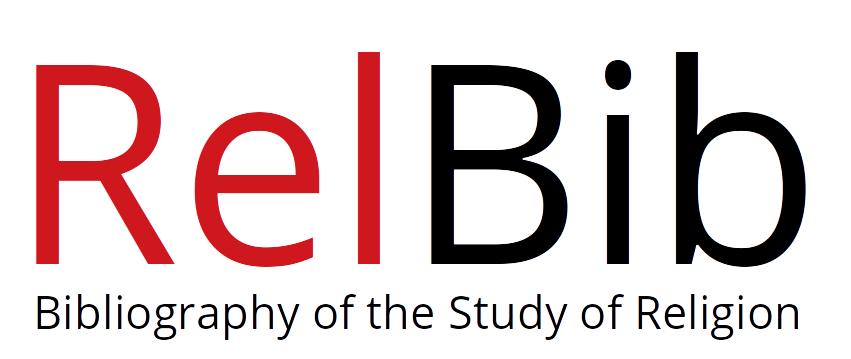
2022 Volume 18, Article 5
A Corpus-Based Comparison of Modality in Evangelical Christian and Zen Buddhist BooksAuthor: Charles M Mueller (Fuji Women’s University), Peter Richardson (Hokkaido Bunkyo University), Baramee Kheovichai (Silpakorn University), and Miori Nagashima (Hokkaido University)  Download/Printing is only available to registered users. Please login. Download/Printing is only available to registered users. Please login.
|
|
ABSTRACT
This paper contributes to the comparative analysis of religious language through an analysis of specific linguistic features in corpora of contemporary Evangelical Christian and Zen Buddhist texts. Based on a force dynamics framework from cognitive linguistics, this corpus-based study highlights and discusses some important differences between the linguistic patterns in the discourse of these two traditions, specifically in the use of modals. The results show that Evangelical language, with one noteworthy exception, generally makes more frequent use of modals based on positive compulsion. Will is also used more often to mark eschatological concerns and predictions about what Christians will experience and how they will respond. In contrast, the Zen Corpus exhibits greater use of modals associated with contingency and use of distal modal forms such as might and would. The fact that these are often used to hedge statements suggests the Zen authors have a greater tendency to avoid emphatic language. The linguistic patterns can be attributed largely to the texts’ discourse contexts and aims: Zen discourse is primarily focused on offering teachings grounded in realizations drawn from the author’s practice with only a secondary focus on interpreting and presenting the teachings of authoritative figures within the tradition. The abundance of hedging also reflects Zen authors’ suspicions of teachings that put forth a priori claims of absolute truth. In contrast, the focus of Evangelical writers is often on conveying what they regard as the unequivocal truth of the Bible, whether by means of direct quotes, paraphrasing, or interpretative application. The relative avoidance of hedging and preference for modals of strong positive compulsion in the Evangelical texts thus reflect firm convictions regarding the divine authority of Christian scripture. This study demonstrates how corpus-based analysis and cognitive linguistic frameworks can be effectively combined in the study of religious language. |
|

Login
Registered users login below:
Published Volumes
Select volumes below to browse:
IJRR is fully indexed at:
IJRR - A Free Site
The Interdisciplinary Journal of Research on Religion is a free site. To access published articles, you will need to be a registered user of IJRR - registration is easy and free!
|













